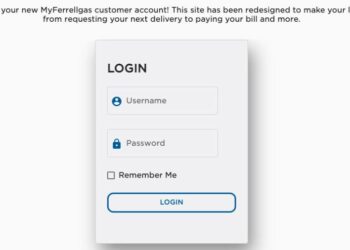Apple a week ago shared another help archive that is intended to enable App To store and iTunes clients abstain from phishing messages that copy honest to goodness messages from Apple.
In the archive, Apple traces strategies to distinguish a real App Store or iTunes email, which the organization says will dependably incorporate a present charging address, something tricksters are probably not going to approach.
Apple additionally says that messages from the App Store, iBooks Store, iTunes Store, or Apple Music will never request that clients give subtle elements like a Social Security Number, mother’s birth name, a Mastercard number, or a Mastercard CCV code.
Mac prescribes that clients who get messages requesting that they refresh their record or installment data do as such straightforwardly in the Settings application on an iPhone, iPad, or iPod touch, in iTunes or the App Store on a Mac, or in iTunes on a PC as opposed to through any sort of web interface.
Clients who get a suspicious email can forward it to reportphishing@apple.com, and any client who may have entered individual data on a trick site should refresh their Apple ID secret key instantly.
Trick and phishing messages like those Apple depicts in this help report are not new, but rather at the present time, there’s another rush of authentic looking messages circumventing that look much like Apple messages that can without much of a stretch trick clients who don’t realize what to search for.





















